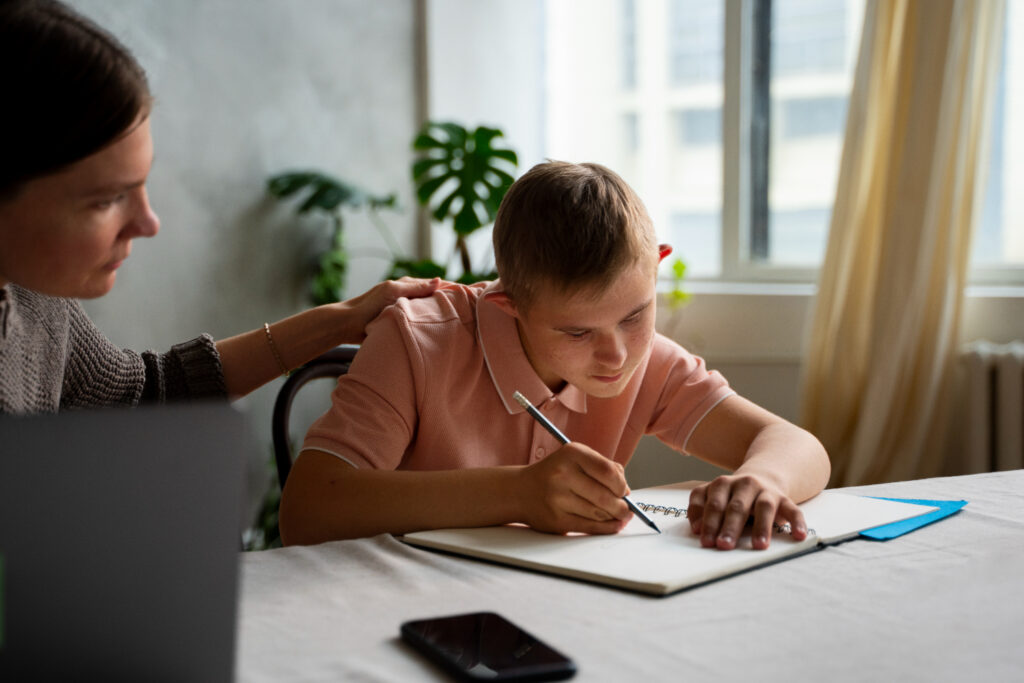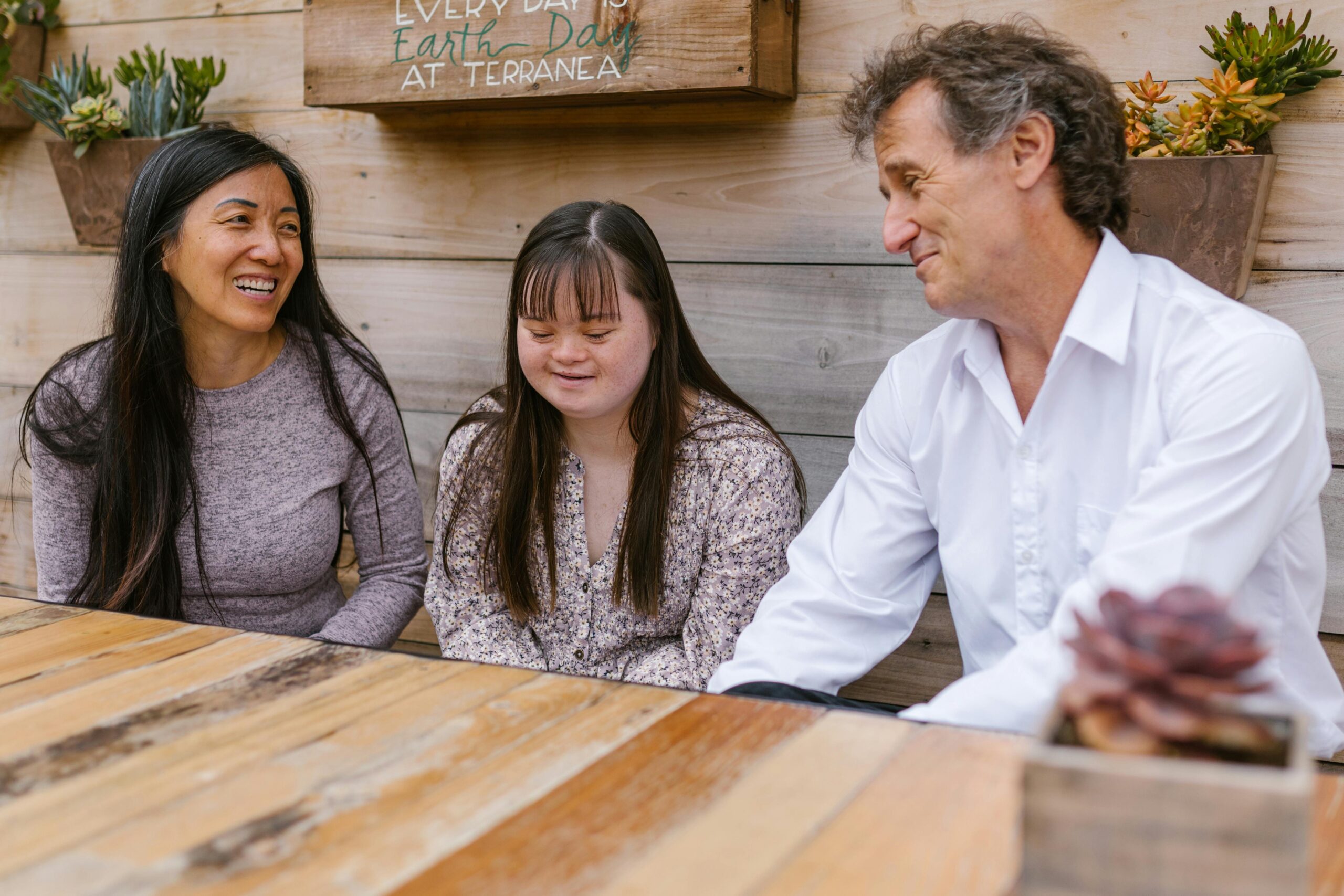The Parenting & Family Blog

How to Support a Child with ADHD and Special Needs
Parenting is a journey filled with challenges and triumphs, especially when raising a child with ADHD and special needs. This path can be both rewarding and demanding. Knowing how to navigate it is essential for your child’s development and your family’s well-being. This blog shares helpful strategies for supporting children with ADHD and special needs. It offers practical tips and expert advice.
The significance of this topic is immense. ADHD and special needs are increasingly common, affecting many families across the UK. Yet, many parents feel overwhelmed and unsure how to offer the best support. This article provides a guide with ADHD parenting tips. It helps children with special needs and supports neurodiverse kids.
Create a supportive environment, gain knowledge, and find the right resources. This way, you can help your child thrive. Whether your child faces academic challenges, struggles with emotions, or develops social skills, the right support can greatly enhance their growth and happiness.
Key Benefits of Supporting Children with ADHD and Special Needs

Why It Matters
Helping a child with ADHD and special needs means recognising their strengths. It’s about supporting them to reach their full potential. Children with ADHD often show creativity, energy, and problem-solving skills. Those with special needs may display resilience and empathy. With the right support, these strengths can shine.
Research shows that early help and personalised support can greatly enhance these children’s quality of life. A study in the Journal of Child Psychology and Psychiatry found that kids who get the right help are more likely to do well in school, make good friends, and enjoy their lives.
Real-Life Applications
Take the case of Liam, an eight-year-old boy diagnosed with ADHD. His parents initially struggled with his impulsivity and focus. They saw a big boost in his focus and feelings by setting up routines, working with his teachers, and adding sensory breaks. With consistent support, Liam began excelling in school and forming stronger friendships.
Parents using evidence-based strategies and seeking professional help often report:
- Fewer meltdowns and less frustration: Thanks to emotional regulation techniques.
- Better academic performance: By tailoring learning methods to their child’s needs.
- Stronger family bonds: Through open communication and support.
Step-by-Step Guide to Supporting a Child with ADHD and Special Needs

Step 1: Educate Yourself
The first step in supporting a child with ADHD and special needs is to educate yourself. Understanding their challenges and strengths helps you tailor your approach.
Learn About ADHD
Start by reading about ADHD, its symptoms, and its impact on children. Books, online resources, and support groups can offer valuable insights.
Effective Ways to Educate Yourself:
- Attend workshops or webinars: Stay updated on ADHD research and parenting strategies.
- Consult reputable resources: Refer to organisations like ADHD UK or the National Autistic Society for accurate information.
- Connect with other parents: Join support groups to share experiences and insights.
Explore Special Needs
If your child has additional special needs, learn about their specific condition. You might need to talk to healthcare professionals, therapists, or educators who know this area well.
Step 2: Create a Supportive Environment
A supportive home environment is vital for children with ADHD and special needs. This means creating routines, setting clear expectations, and ensuring a safe space for growth.
Establish Routines
Children with ADHD often thrive on structure. Consistent daily routines can help them feel secure and reduce anxiety.
Tips for Building Effective Routines:
- Regular wake-up and bedtime: Promote good sleep patterns to improve focus and mood.
- Structured daily activities: Set times for meals, homework, and relaxation.
- Visual schedules: Use charts or picture boards to outline daily tasks.
Set Clear Expectations
Clear communication is essential. Use simple language and visual aids to explain rules and be consistent in enforcing them.
Step 3: Encourage Positive Behaviours
Positive reinforcement encourages desired behaviours in children with ADHD and special needs. Focus on rewarding good behaviours instead of punishing negative ones.
Use Positive Reinforcement
Praise your child for their efforts and achievements, no matter how small.
Examples of Positive Reinforcement:
- Verbal praise: “You did a great job focusing during homework!”
- Tangible rewards: Stickers, stars, or small privileges for completing tasks.
- Consistent encouragement: Celebrate progress, not just perfection.
Implement Behavioural Strategies
Work with teachers or therapists to use strategies that support your child’s development. This may include visual schedules, social stories, or token systems.
Step 4: Seek Professional Support
Supporting a child with ADHD and special needs often requires professional help. Don’t hesitate to seek support from healthcare professionals, therapists, or educators.
Consult Healthcare Professionals
Regular check-ups with your child’s paediatrician or mental health expert can help track their progress and tackle any concerns.
When to Seek Professional Help:
- If your child struggles with emotional regulation or has frequent meltdowns.
- When academic performance is significantly impacted.
- If there are concerns about social development.
Engage with Therapists
Occupational therapists, speech therapists, and behavioural therapists can provide targeted interventions to help your child.
Additional Expert Tips & Common Mistakes to Avoid
Best Practices Beyond the Basics
While the steps above provide a solid starting point, consider these additional best practices.
Encourage Physical Activity
Physical activity positively affects children with ADHD, improving focus and reducing hyperactivity.
Recommended Activities:
- Outdoor play: Running, cycling, and climbing help with sensory regulation.
- Organised sports: Team activities build social skills and confidence.
- Yoga or stretching: Aids relaxation and self-regulation.
Promote Mindfulness and Relaxation
Mindfulness and relaxation techniques help children with ADHD manage stress and improve concentration.
Effective Relaxation Techniques:
- Deep breathing exercises: Teach your child to breathe slowly during stress.
- Guided meditation apps: Use child-friendly apps for relaxation.
- Progressive muscle relaxation: Helps release tension and promotes calm.
Common Mistakes and Misconceptions
Supporting a child with ADHD and special needs can be tough. Be aware of common mistakes and misconceptions.
Avoid Over-Scheduling
While routines are important, over-scheduling can lead to burnout. Ensure your child has time to rest and relax.
Don’t Compare Your Child to Others
Every child is unique. Comparing your child to others can harm their self-esteem. Focus on their individual progress and celebrate their achievements.
Advanced Insights and Expert Recommendations
Collaborating with Educators
Work with your child’s teachers to create Individual Education Plans (IEPs) that meet their needs.
Key Components of IEPs:
- Specific learning goals: Tailored to your child’s strengths and challenges.
- Classroom accommodations: Extended test time, quiet spaces, or modified assignments.
- Regular progress reviews: Ensure goals are met and adjust strategies as needed.
Leveraging Assistive Technology
Technology can assist children with ADHD and special needs in learning and daily tasks.
Effective Tools:
- Time management apps: Help children stay on track.
- Visual timers: Provide a visual cue of time to improve focus.
- Speech-to-text software: Supports writing tasks.
Supporting Children with ADHD and Special Needs:

Supporting a child with ADHD and special needs requires patience, understanding, and dedication. By educating yourself, creating a structured environment, and seeking professional help, you can help your child thrive.
Every child is unique. The best approach is one tailored to their individual needs. By showing compassion, being consistent, and providing the right resources, you can help your child grow. This support will boost their confidence, help them develop important skills, and allow them to reach their full potential.
What strategies have you found effective in supporting your child with ADHD and special needs? Share your experiences in the comments below—let’s build a community of support and understanding!









